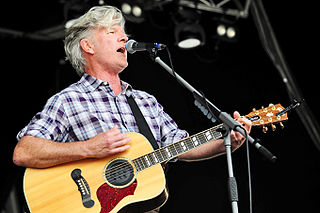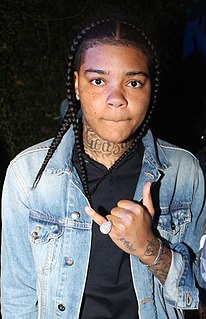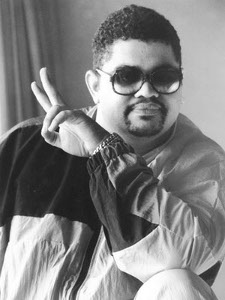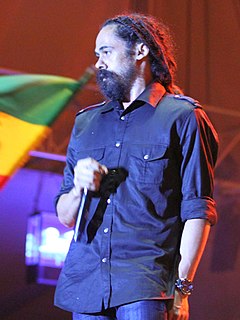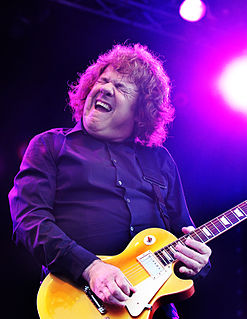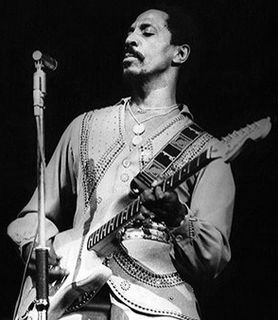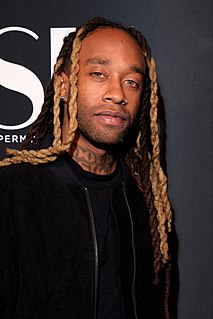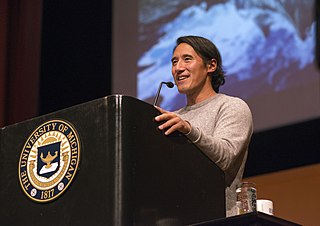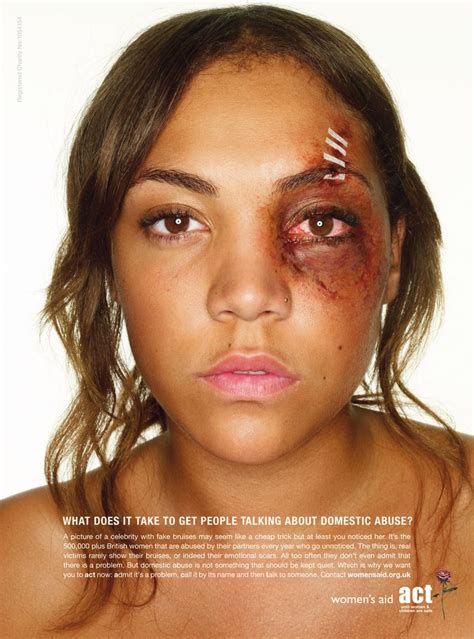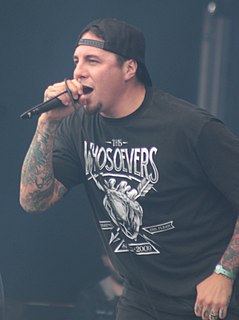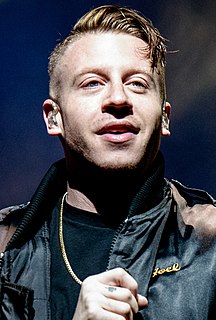Цитата Тима Финна
Большим изменением стали регги и хип-хоп, которые появились после появления Split Enz. Когда Боб Марли впервые посетил Новую Зеландию, он зажег фитиль, который до сих пор горит очень ярко. Народ маори очень чтит музыку регги. Так что есть сильная сцена регги и сильная сцена хип-хопа, особенно среди самоанцев. Вокруг еще много причудливых вещей. Здесь никто не рассчитывает заработать много денег, так что это определенно поощряет чувство андеграунда.
Темы цитат
После того, как
вместе
Вокруг
Большого
Боба
Ярко
Горело Пришло
изменение
Определенно
воодушевляет
Ожидания
First
Fuse
Had
Hip
Hip
-Hop
Honor
Hop
Lit
Зарабатывайте
Марли Деньги Много
музыки
Новая
Зеландия
Особенно
много
людей Причудливое
Регги
Регги
Музыкальная
сцена
Sense
Split
Started
Still
Strong
Stuff
Underground Очень посещаемый
путь
Какая
Зеландия
Связанные цитаты
У меня есть все олдскульные винилы 70-х — даже более ранние, вроде джазовой музыки 40-х, 50-х, 60-х. Потом у меня есть все андеграундные вещи 80-х, хип-хоп, когда хип-хоп только начинался. Вещи из 90-х. Все это хорошо, потому что я действительно увлекаюсь музыкой, и теперь это помогает мне создавать новые песни.
В это время мы объединяем деньги и средства массовой информации, и это разделено, как апартеид, где, когда вы говорите «хип-хоп», вы думаете только о рэп-записях. Люди могли забыть обо всех остальных элементах хип-хопа. Теперь мы снова вернулись туда, пытаясь вернуть людей к пятому элементу, знанию. Знать, что нужно уважать всю культуру, особенно радиостанции, которые утверждают, что они хип-хоп, а вы ими не являетесь, потому что, если вы были хип-хоп радиостанцией, почему вы просто играете один аспект хип-хопа и рэпа? , что такое гангста-рэп?
